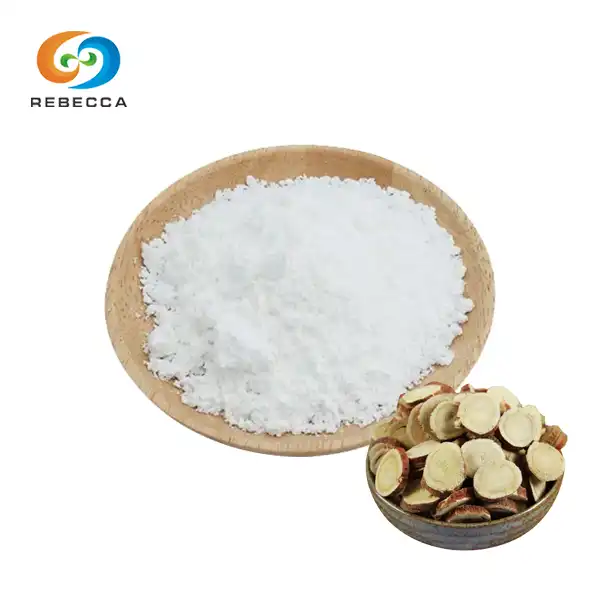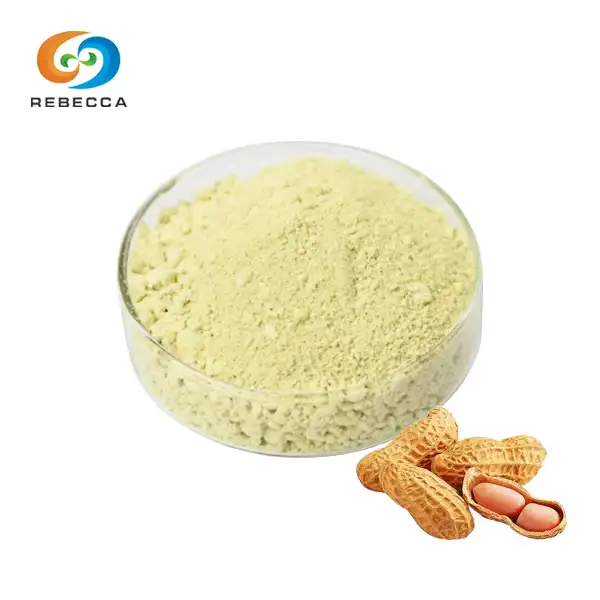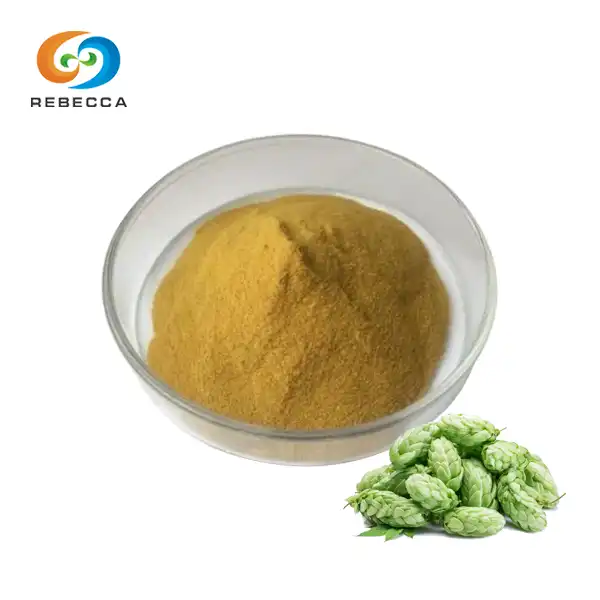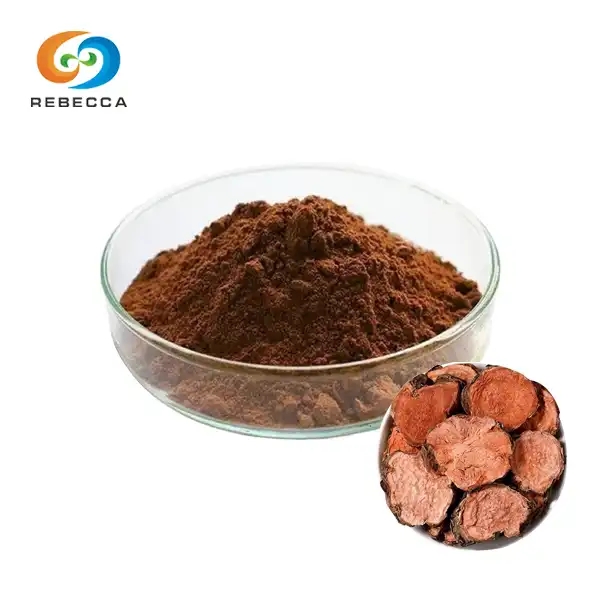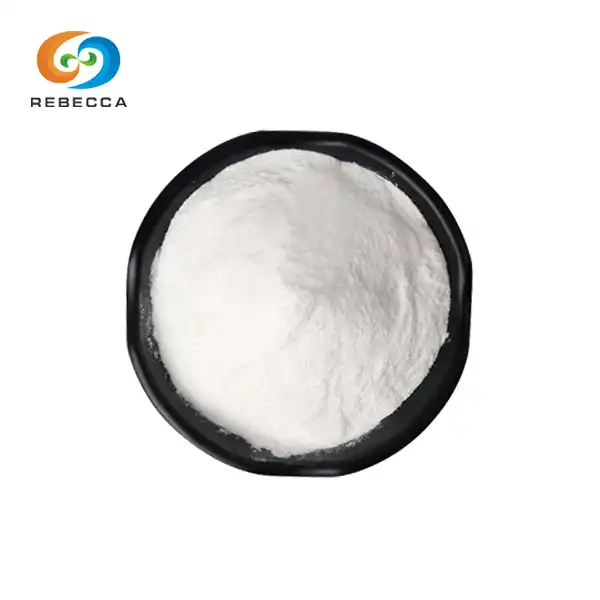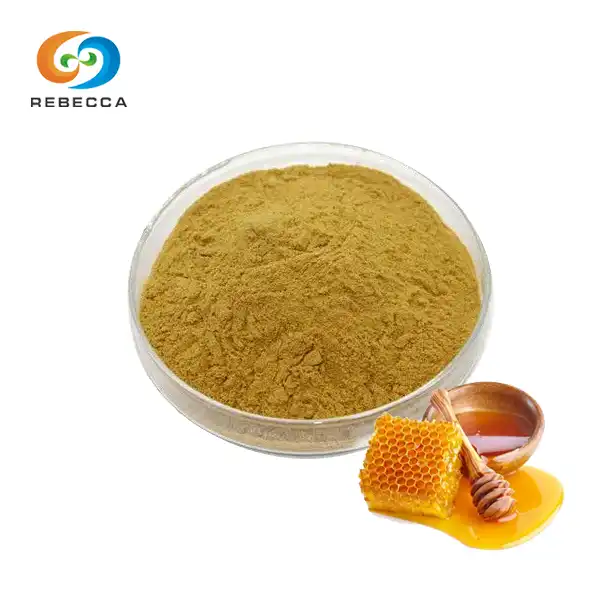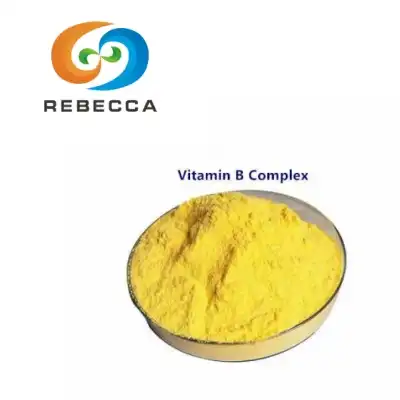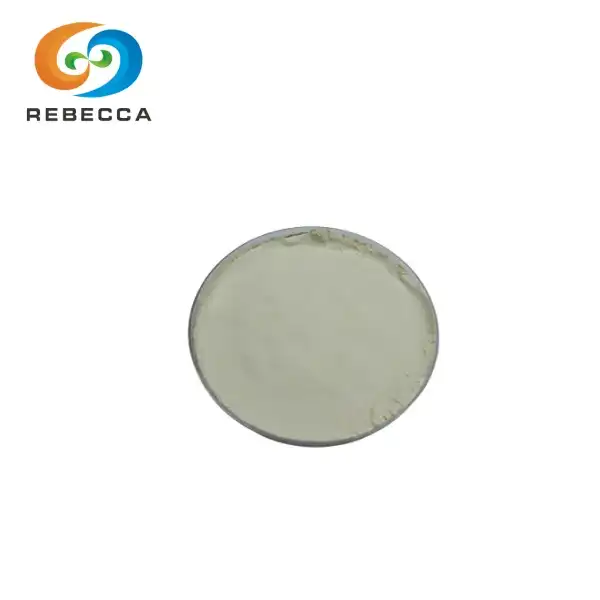Is shilajit extract help with testosterone?
In the quest for natural solutions to support hormonal health, many individuals are turning their attention to ancient remedies that have stood the test of time. Among these, shilajit extract has emerged as a particularly intriguing substance, capturing the interest of both researchers and health enthusiasts alike
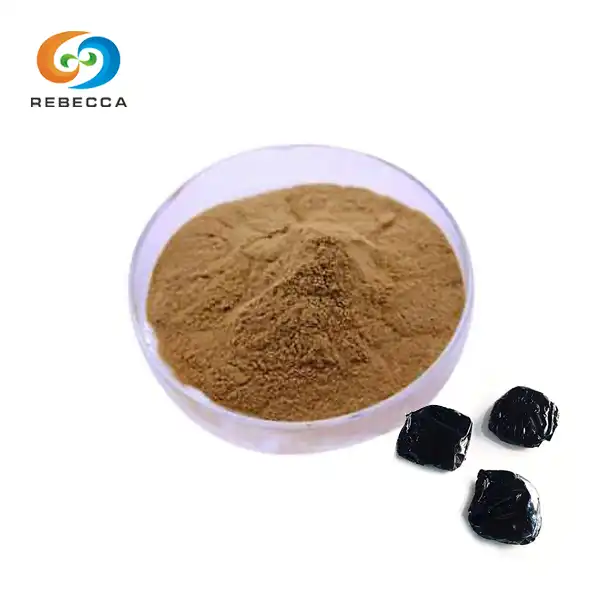
【English name】: Shilajit Extract
【Latin Name】: SHILAJIT Asphaltum (Shilajit)
【CAS No.】: 479-66-3
【Active ingredients】: fulvic acid
【Specification】: fulvic acid 50%
【Appearance】: Yellow brown Fine Powder
【Mesh size】:80 Mesh
【Test Method】: HPLC
Traditional Use and Theoretical Mechanisms
The historical use of this mineral-rich substance spans thousands of years, with its origins deeply rooted in Ayurvedic medicine, where it was revered as a "destroyer of weakness" and a rejuvenator. Ancient practitioners recognized its potential to enhance physical strength, mental clarity, and reproductive health, often prescribing it for conditions related to aging and vitality loss.
Within traditional medicine systems, practitioners believed that shilajit extract worked by balancing the body's fundamental energies and supporting the proper functioning of various organ systems. They observed that regular consumption appeared to improve stamina, enhance libido, and promote overall masculine vitality, though these observations were based on empirical experience rather than controlled scientific study.
The theoretical mechanisms behind these traditional claims have begun to attract scientific attention in recent decades. Researchers have identified that the primary bioactive component, fulvic acid, comprises approximately 50-60% of quality extracts and may play a crucial role in the substance's biological activity. This organic acid demonstrates remarkable properties as a natural electrolyte and mineral transporter, potentially enhancing cellular function and nutrient absorption.
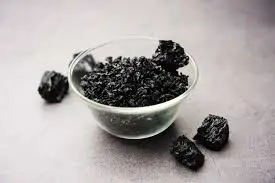
Existing Research on Testosterone
The scientific investigation into the relationship between shilajit extract and testosterone levels has produced some compelling findings, though the body of research remains relatively limited compared to more extensively studied compounds. The most significant study in this area was conducted with healthy male volunteers who received purified extract over a 90-day period.
This randomized, placebo-controlled trial demonstrated remarkable results. Treatment with Shilajit for consecutive 90 days revealed that it has significantly (P < 0.05) increased total testosterone, free testosterone and dehydroepiandrosterone (DHEAS) compared with placebo. The study participants experienced substantial improvements in multiple hormonal markers, suggesting a broad impact on the endocrine system rather than isolated effects on testosterone alone.
Additional research has shown that the extract's influence on testosterone may be particularly pronounced in certain populations. One human intervention with 200mg Shilajit (54.8% Fulvic Acid) daily for 90 days in infertile men was associated with an increase in testosterone by 23.5% (4.85ng/mL to 5.99ng/mL) in serum. This substantial increase suggests that the benefits may be more pronounced in individuals with compromised hormonal function.
The research also indicates that the effects extend beyond simple testosterone elevation. Studies have documented improvements in sperm quality, energy levels, and overall vitality among participants. These broader benefits suggest that the extract may work through multiple pathways to support male reproductive health and overall well-being, rather than simply boosting hormone levels in isolation.
However, it is important to acknowledge the limitations of the current research landscape. Most studies have been relatively small in scale and short in duration, leaving questions about long-term effects and optimal dosing protocols. The quality and standardization of the extract used in different studies also varies, making it challenging to draw definitive conclusions about effectiveness across all available products.
The mechanistic research suggests that the benefits may be attributed to the extract's ability to support mitochondrial function and reduce oxidative stress in hormone-producing tissues. Animal studies have shown improvements in testicular function and sperm production, providing additional evidence for the biological plausibility of the observed effects in human trials.\
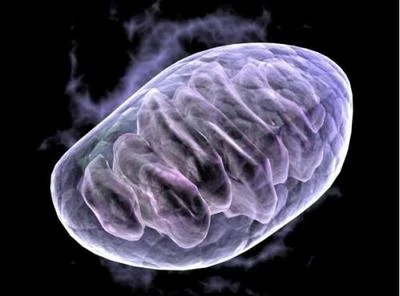
Factors Influencing Effectiveness
The effectiveness of shilajit extract in supporting testosterone levels depends on numerous variables that must be carefully considered when evaluating its potential benefits. Quality stands as perhaps the most critical factor, as the composition and purity of available products can vary dramatically between manufacturers and sources.
The fulvic acid content serves as a primary marker of quality, with research-grade preparations typically containing 50% or higher concentrations. Products with lower fulvic acid content may not provide the same benefits observed in clinical studies, highlighting the importance of standardization and quality control in manufacturing processes.
Processing methods significantly impact the final product's bioactivity. Traditional purification techniques that preserve the natural mineral matrix and organic compounds tend to produce more effective preparations compared to heavily processed alternatives. The source location also matters, as geological variations can influence the mineral content and overall composition of the raw material.
Individual factors play a crucial role in determining response to supplementation. Age appears to be a significant variable, with older individuals potentially experiencing more pronounced benefits due to naturally declining hormone levels. Baseline testosterone levels also influence outcomes, as men with lower starting levels may see more dramatic improvements compared to those with already optimal hormonal profiles.
Lifestyle factors can either enhance or diminish the extract's effectiveness. Regular exercise, particularly resistance training, may amplify the hormonal benefits by providing additional stimulus for testosterone production. Conversely, chronic stress, poor sleep quality, and inadequate nutrition can counteract potential benefits, regardless of supplement quality or dosage.
The duration of supplementation represents another critical consideration. Most research has focused on periods of 90 days or longer, suggesting that consistent, long-term use may be necessary to achieve optimal results. Intermittent or short-term supplementation may not provide sufficient time for the body to respond fully to the bioactive compounds.
Dosage optimization remains an area requiring further research, as studies have used varying amounts ranging from 200mg to 500mg daily. The optimal dose may depend on individual factors such as body weight, absorption capacity, and baseline hormone levels. Some practitioners suggest starting with lower doses and gradually increasing based on response and tolerance.
Rebecca: Pure Shilajit Extract Manufacturer
As a trusted shilajit extract supplier, Rebecca understands the importance of quality and standardization in delivering effective natural health solutions. Our commitment to excellence ensures that each batch meets the highest standards of purity and potency.
Active ingredients: Fulvic acid
Specification: Fulvic acid 50%
Appearance: Yellow brown Fine Powder
Mesh size: 80 Mesh
Test Method: HPLC
For more information or to place an order, please reach out to us at information@sxrebecca.com. Our team of experts is ready to assist you in finding the right solution for your specific needs and applications.
References
1. Pandit, S., Biswas, S., Jana, U., De, R. K., Mukhopadhyay, S. C., & Biswas, T. K. (2016). Clinical evaluation of purified Shilajit on testosterone levels in healthy volunteers. Andrologia, 48(5), 570-575.
2. Carrasco-Gallardo, C., Guzmán, L., & Maccioni, R. B. (2012). Shilajit: a natural phytocomplex with potential procognitive activity. International Journal of Alzheimer's Disease, 2012.
3. Biswas, T. K., Pandit, S., Mondal, S., Biswas, S. K., Jana, U., Ghosh, T., ... & Auddy, B. (2010). Clinical evaluation of spermatogenic activity of processed Shilajit in oligospermia. Andrologia, 42(1), 48-56.
4. Das, A., Datta, S., Rhea, B., Sinha, M., Veeraragavan, M., Gordillo, G., & Roy, S. (2016). The human skeletal muscle transcriptome in response to oral Shilajit supplementation. Journal of Medicinal Food, 19(7), 701-709.
